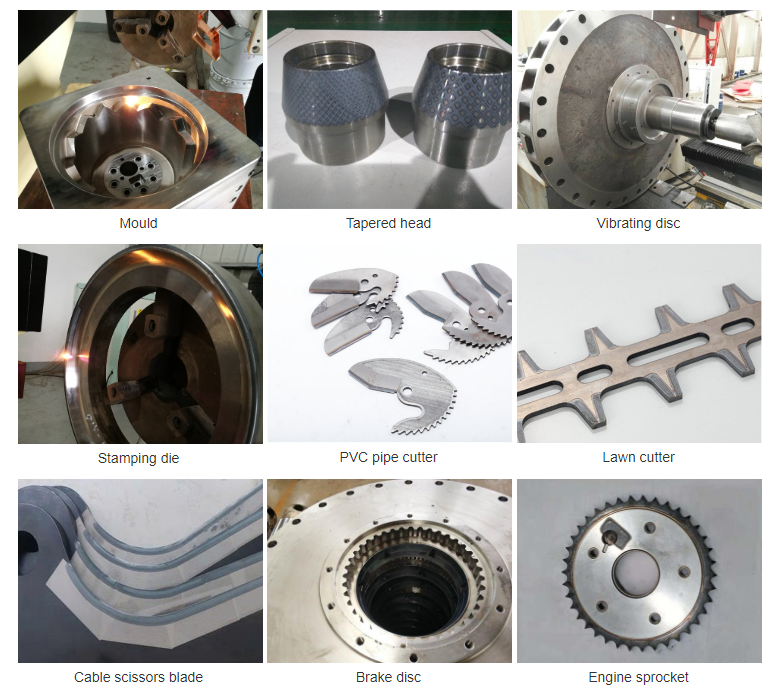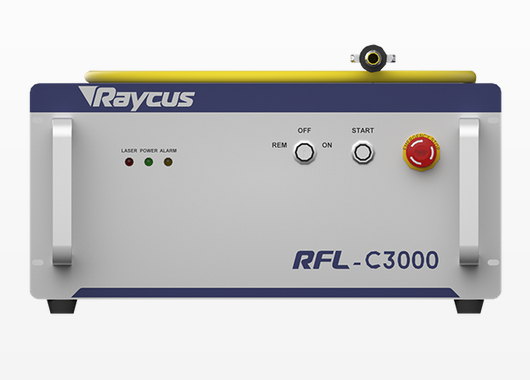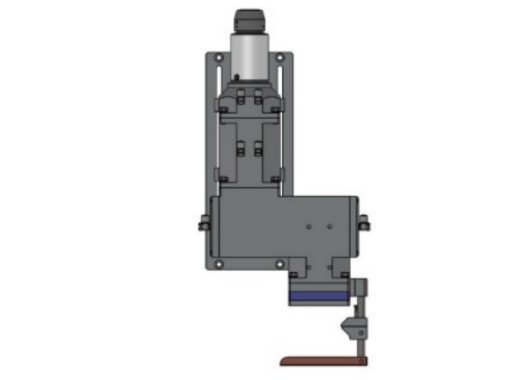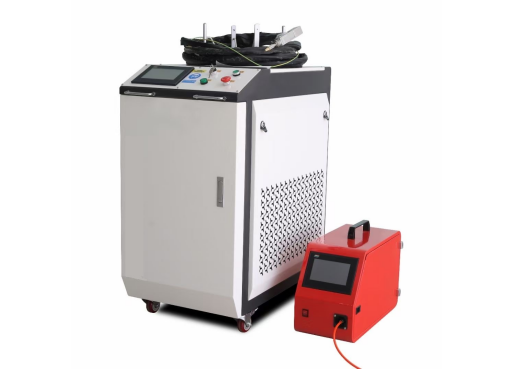Laser Hardening with Temperature Monitoring
Home - Laser Hardening Machine - Laser Hardening with Temperature Monitoring
Laser Hardening machine with Temperature Monitoring
Laser Hardening with Temperature Monitoring is a powerful, precise and cost-effective tool for hardening of metal molds. With its advanced laser technology, the machine can achieve high hardness levels and uniformity across the entire mold surface. It has a fast and accurate heating process that provides superior heat treatment results in significantly less time than traditional methods.
- On-Site Repair Maintenance
- Compact size
- Convenient transportation
- Easy operation
Product Paramenters of Laser Hardening with Temperature Monitoring
ITEM | Spec. | Description | Qty. |
Laser | 2000W | Laser power: 10~1500W continuously adjustable. | 1set |
Fiber system | 600μm | Core diameter 600 m, length 15m | 1set |
Laser collimating head | TS-Q100 | Collimating focal length: 100mm, focusing focal length: 300mm | 1set |
Laser focusing module | TS-301P300 | Ensure speckle effect and heat treatment consistency | 1set |
Chiller | CWFL-2000 | Double temperature control to provide cooling water for laser and external optical path | 1set |
Multi-station four-axis system | TS-Q_SYS-4-900 | Professional laser CNC system, equipped with industrial control computer, to achieve XYZ moving, stroke X: 500mm, Y: 400mm, Z: 300mm (the specific stroke is determined according to the workpiece); Positioning accuracy: ≤±0.035mm Repeat positioning accuracy: ≤±0.01mm. Axis A and XYZ form A four-axis linkage | 1set |
Smoke purification system | Standard | Implement smoking and dust removal in work area (prevent pollution) | 1set |
Refrigerated dryer | 10HP,1.5M3 | Filter and dry compressed air | 1set |
Fixture | Customized | 1set |
Advantages of Laser Hardening with Temperature Monitoring
Lower chance of distortion
In typical hardening processes, the combination of heating the entire workpiece or a larger part of the workpiece and subsequent liquid quenching operations leads in a significant risk of deformation and cracking in the treated workpieces.
Improved compatibility with tiny components
Diode lasers allow for fine control of surface temperature and laser beam placement. This capability enables the process engineer to predictably regulate the heat input, which is crucial for repeatable production hardening procedures.
Reduced processing costs
In comparison to other case hardening procedures like as flame and induction hardening, laser hardening is a non-contact process capable of producing only the appropriate case depth.
Greater part geometries suitability
Flame hardening and induction hardening, for example, have trouble treating workpieces with complicated geometries. Regardless of shape, the noncontact laser hardening technology may selectively case harden workpiece surfaces.
Application of Laser Hardening with Temperature Monitoring


Main Components of Laser Hardening with Temperature Monitoring


Laser source
Laser power: 10~ 3000W continuously adjustable, QBH interface, core diameter 600um, length 20m.


Laser head
1. Collimation focal length: 100mm, focusing focal length: 300mm
2. Applicable wavelength: 900-1100nm
3. The powder feeding nozzle contains a water-cooled base
4. Optical fiber interface: QBH


Chiller
Dual temperature control provides cooling water for lasers, machining heads, optical fibers, etc.


